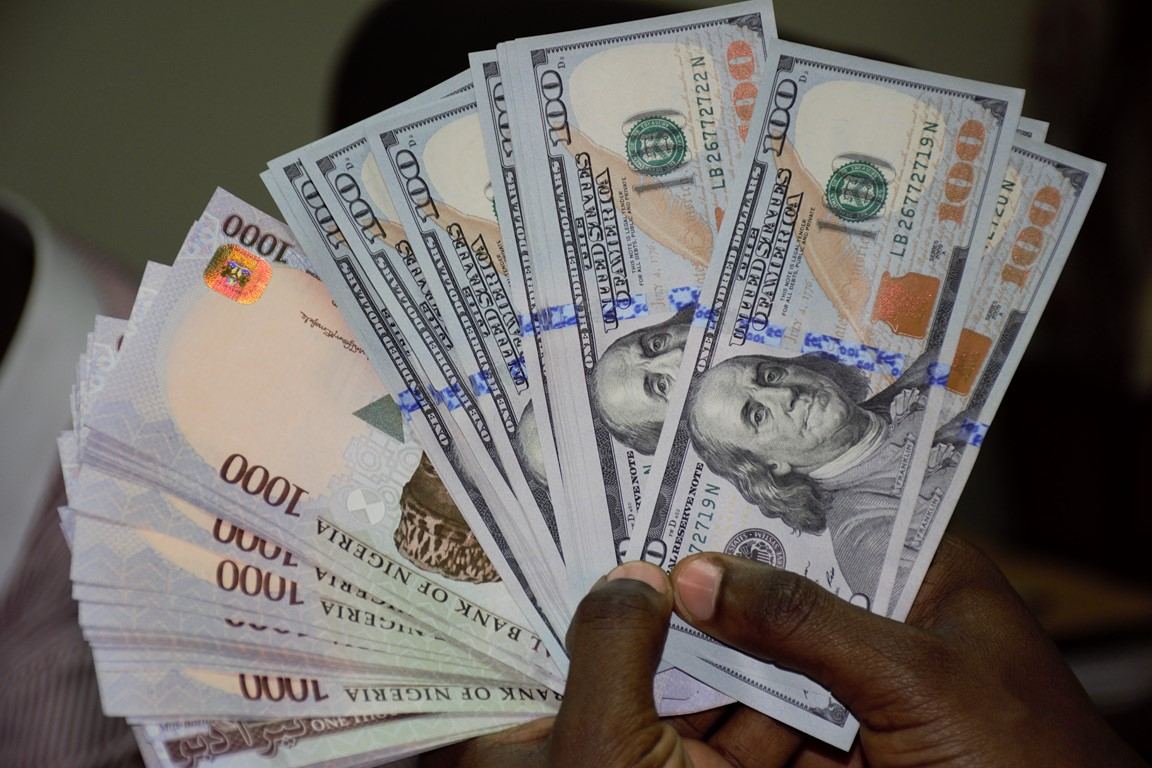Government unleashes further hardship
OpenLife Nigeria reports that the Central Bank of Nigeria, CBN, has yet again, devalued the Naira by 15 percent.
The devaluation, according to financial experts, has officially pegged the Naira at N439 to one US Dollar.
Consequently, given that Nigeria’s economy runs largely on black market exchange rate, the fate of the Naira would, henceforth, be hovering between N600 and N700 to a US Dollar with its negative impacts on purchasing power and skyrocketed cost of consumables and other goods.
However, a significant danger is that the devaluation can aggravate inflation. If this happens, the government may have to raise interest rates to control inflation, but at the cost of slower economic growth.
The Central Bank of Nigeria’s decision to devalue the naira translates to heavy burden on businesses and consumers.
Sadly, this is happening at a time Nigerians momentarily heaved a sigh of relief on account of the earlier passage of the 2022 fiscal estimates as well as the signing of the budget into law by President Muhammadu Buhari on December 31.
The 2022 Appropriation Bill titled “Budget of Economic Growth and Sustainability”, valued at N17.126 trillion was recently transmitted to the President by the National Assembly, on Friday, December 24.
Buhari also signed the Finance Bill 2021, which he said was for the execution of the 2022 Budget.
The President had submitted the draft proposed 2022 Budget of N16.391trillion to the joint session of the National Assembly on Thursday, October 7, 2021, calling on the legislators to give it a speedy consideration.






